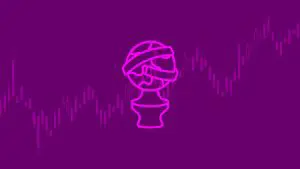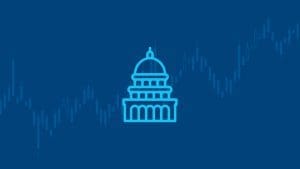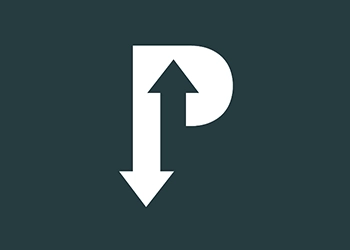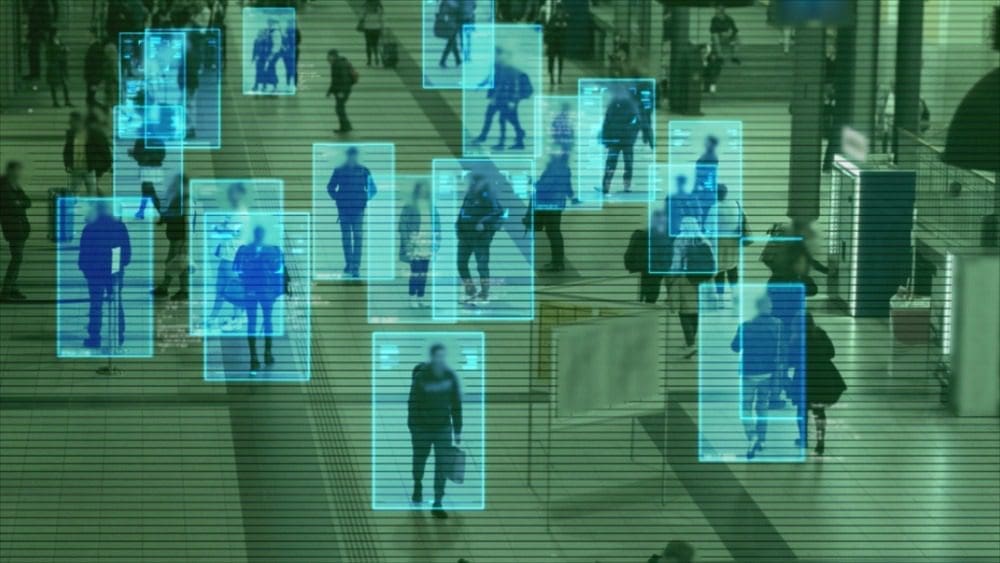
Ever wondered what government could look like if we ditched elections, let prediction markets pick policies, or allowed citizens to “subscribe” to the nation-state of their choice?
From cyber-powered technocracies to IQ-based “geniocracies,” political thinkers have long sketched out imaginative—and sometimes alarming—alternatives to the familiar ballot-box democracy.
Here are 11 alternative political systems that re-imagine who should rule—and how.
Futarchy

- Definition: Elected representatives set national goals, but prediction markets decide which policies best achieve them.
- Origin: Proposed by economist Robin Hanson in 2000 as “vote on values, bet on beliefs.”
- Example: No country has adopted it, though crypto DAOs and governance experiments occasionally run mini-futarchic votes.
- Proponents: Robin Hanson; some Web3 governance designers and DAO tooling projects.
Sortition
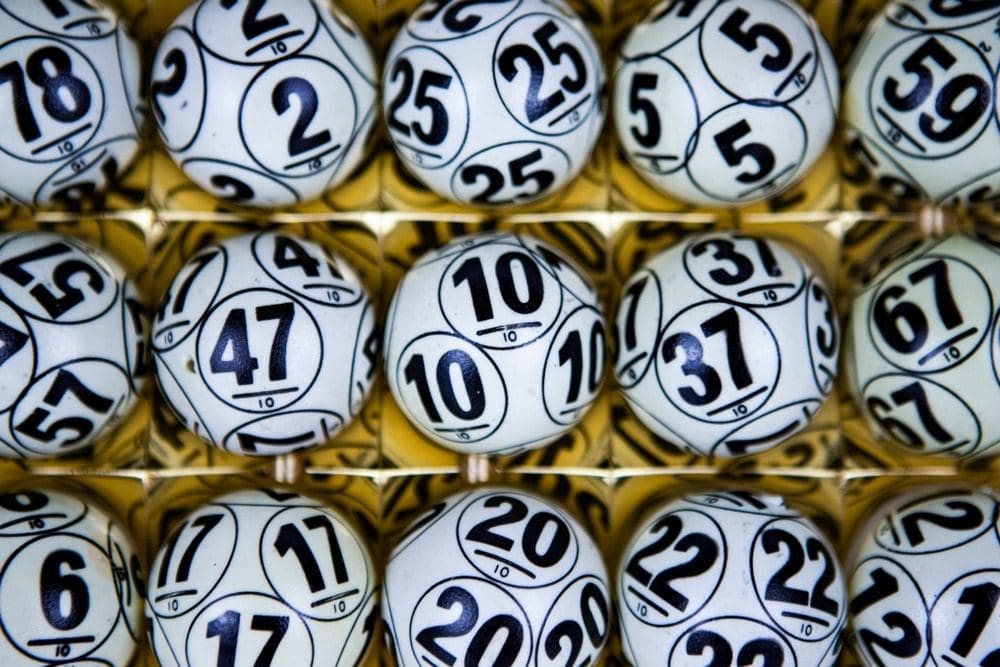
- Definition: Leaders are chosen by lottery from the citizenry.
- Origin: Classical Athens filled many public offices by drawing lots.
- Example: Modern citizens’ assemblies in Ireland and British Columbia used sortition to debate major reforms.
- Proponents: Democratic theorists such as David Van Reybrouck and the Sortition Foundation.
Epistocracy

- Definition: Political power weighted toward those with greater knowledge or education.
- Origin: Coined by contemporary political philosophers critiquing universal suffrage.
- Example: Theoretical proposals for “voter competence exams” have not been implemented.
- Proponents: Jason Brennan, Bryan Caplan, and other academia-based critics of mass democracy.
Noocracy

- Definition: Rule by intellect and reason (yes, similar to above), guided by scientific knowledge or collective intelligence.
- Origin: Popularized by Pierre Teilhard de Chardin and later in Soviet futurology.
- Example: More common in science fiction (e.g., Iain M. Banks’ “Culture”) than in real nations.
- Proponents: Teilhard de Chardin, some transhumanist thinkers, early Soviet cyberneticians.
Anocracy

- Definition: A hybrid regime blending autocratic and democratic features—often unstable.
- Origin: Developed in 1990s political-science taxonomy (Polity Project).
- Example: Post-civil-war Liberia (early 2000s) scored as an anocracy by researchers.
- Proponents: Descriptive label only; not advocated as a desirable system.
Cyberocracy

- Definition: Government in which information networks and data analytics dominate decision-making.
- Origin: Coined by RAND analyst David Ronfeldt in the 1990s.
- Example: China’s evolving “digital governance” platform shows early cyberocratic traits.
- Proponents: Futurists studying AI-driven administration; Ronfeldt and e-governance scholars.
Technocracy

- Definition: Policy control vested in technical experts instead of elected politicians.
- Origin: U.S. Progressive-Era engineers; formalized by the 1930s Technocracy Movement.
- Example: EU Commission’s non-partisan directorates and Singapore’s engineer-heavy cabinet.
- Proponents: Thorstein Veblen (early economist), modern evidence-based policy think tanks.
Theodemocracy
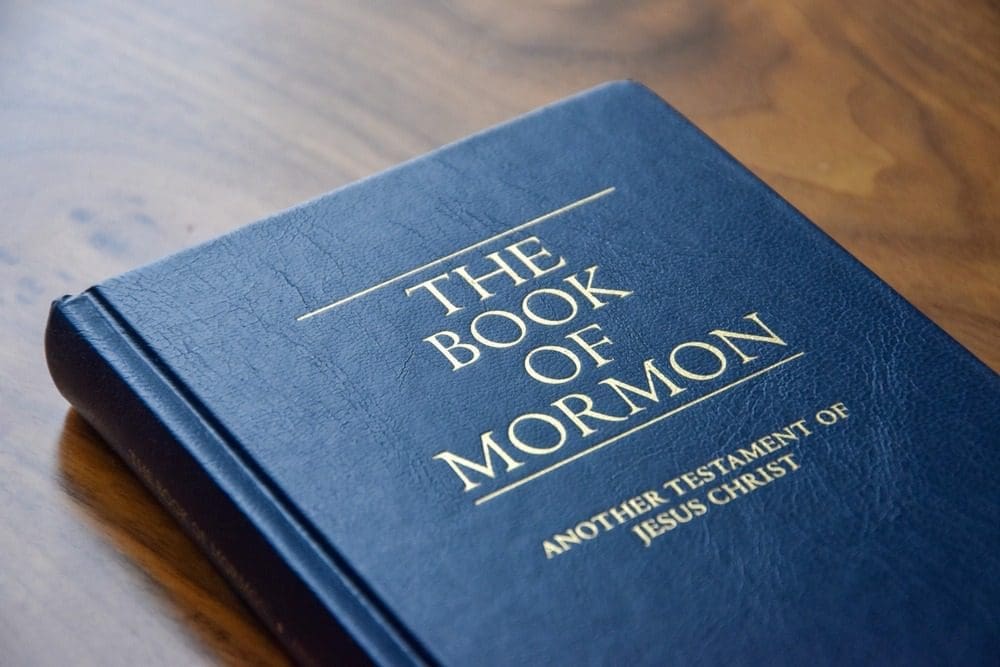
- Definition: Democratic governance guided by revealed religion.
- Origin: Proposed by Joseph Smith (founder of Mormonism) in the 1840s.
- Example: The short-lived “Council of Fifty” in Nauvoo, Illinois, attempted such fusion.
- Proponents: Early Latter-day Saint leadership; concept remains mostly historical.
Geniocracy

- Definition: Only the intellectually gifted (e.g., top 10 % IQ) may hold office or vote.
- Origin: Coined by Claude Vorilhon (Raël) in 1977 as part of Raëlian doctrine.
- Example: Purely theoretical—no state implements IQ-based suffrage.
- Proponents: The Raëlian Movement; occasional debate in sci-fi circles.
Panarchy

- Definition: Citizens can freely choose and switch their governing jurisdiction without relocating.
- Origin: Belgian economist Paul-Émile de Puydt’s 1860 essay on “panarchism.”
- Example: Echoes today in “network state” and special economic zone experiments that let residents opt into alternate legal codes.
- Proponents: Libertarian panarchists, some crypto-sovereignty advocates.






